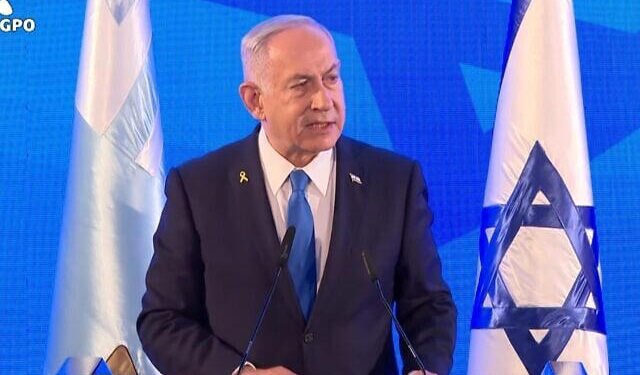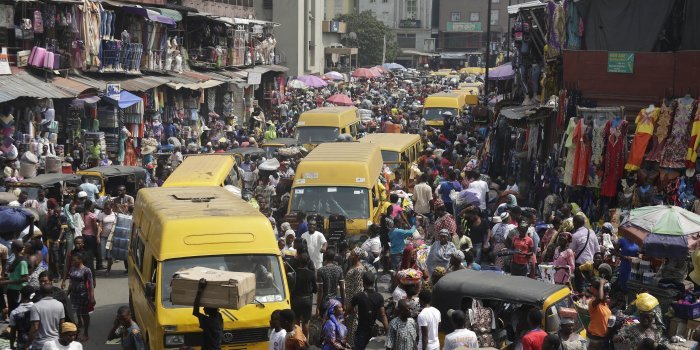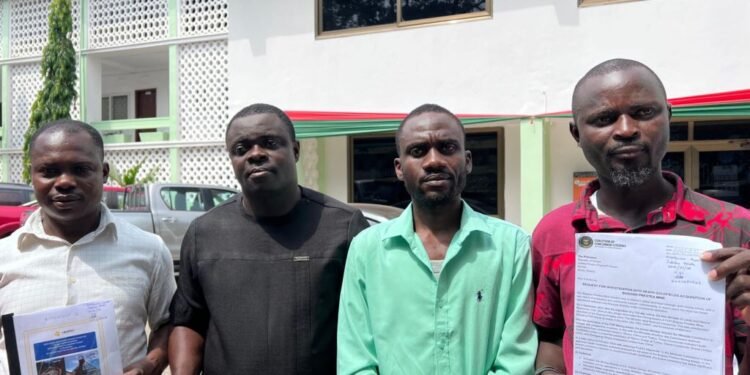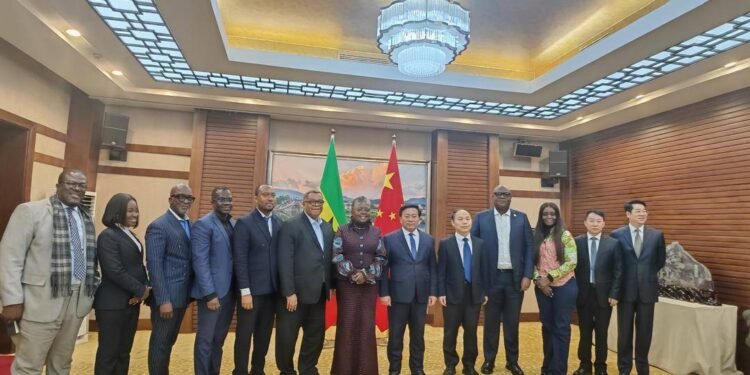Ghana is positioning itself as a leading energy and logistics hub in Africa, leveraging its strategic geographic location, political stability, and emerging petroleum assets to capitalize on global energy trends.
This ambitious vision was reaffirmed by the Deputy Minister of Energy and Green Transition, Hon. Richard Gyan-Mensah, as he emphasized Ghana’s readiness to lead Africa’s energy revolution, citing the global shift toward refined energy products as key factors driving this transformation.
“Ghana is strategically positioned with the potential to become a regional energy and logistics hub.
“Our location, existing infrastructure, political stability, and emerging petroleum assets provide a unique opportunity.”
Hon. Richard Gyan-Mensah, Deputy Minister of Energy and Green Transition
He described the Petroleum Hub project as a bold initiative aimed at positioning Ghana as a global energy powerhouse. The Petroleum Hub Development Corporation (PHDC) is spearheading efforts to establish a fully integrated petroleum and petrochemical hub.
The project is expected to drive job creation, investment, technology transfer, foreign exchange earnings, value addition, and increased energy security.
The project, described by Hon. Gyan-Mensah as “bold and transformational,” is expected to attract substantial foreign direct investment, generate employment, and catalyze economic growth.

“The vision behind the PHDC is not only to satisfy domestic energy demands, but to establish Ghana as a major export node across West Africa and beyond.
“We are talking about jobs, investment, technology transfer, foreign exchange, value addition, and increased energy security.”
Hon. Richard Gyan-Mensah, Deputy Minister of Energy and Green Transition
This multi-phase project envisions the creation of refineries, storage facilities, transportation infrastructure, and associated petrochemical industries — transforming Ghana into a regional hub for energy trading and logistics.
The Deputy Minister highlighted the confluence of global and local factors making Ghana ripe for energy leadership. As the world shifts from crude exports toward value-added refined petroleum products, Ghana’s emerging oil and gas assets, together with its democratic governance and geographic centrality in West Africa, make it an ideal base for such a transformation.
“The global shift is evident. There is increasing demand for cleaner, processed fuels and petrochemicals. Ghana can fill this gap by moving away from exporting crude to producing high-value petroleum products.”
Hon. Richard Gyan-Mensah, Deputy Minister of Energy and Green Transition
He further emphasized that this energy transformation aligns with Ghana’s long-term development agenda and climate commitments, ensuring a just and sustainable transition that benefits all sectors of society.
Call for Unified Action

While confident in Ghana’s prospects, Hon. Gyan-Mensah stressed the need for cohesive and efficient inter-agency collaboration to realize the Petroleum Hub vision. He called on all stakeholders — public and private — to work together in creating a conducive environment for investment and innovation.
“This project cannot succeed in silos. Seamless permitting, transparent regulatory frameworks, and coordinated stakeholder actions are essential.
“Let us use this Dialogue as a launchpad for stronger inter-agency coordination, faster implementation, and deeper public-private partnerships.”
Hon. Richard Gyan-Mensah, Deputy Minister of Energy and Green Transition

He urged participants to see the Petroleum Hub not just as a national infrastructure project, but as a legacy-defining opportunity. “We have a responsibility to future generations,” he said. “They will not only ask what resources we had, but what we did with them.”
With the global energy landscape rapidly evolving and demand for sustainable, secure energy supply increasing, Ghana’s proactive positioning through initiatives like the Petroleum Hub reflects both foresight and ambition.
Experts believe that if implemented efficiently, the hub could transform the country’s energy fortunes, elevating its regional and global standing while delivering long-term socio-economic dividends.
As the project gains momentum, stakeholders and citizens alike will be watching closely — not only for the infrastructure it promises to deliver but for the transformational impact it may usher in for generations to come.
READ ALSO: Akon Shares Reason Elon Musk Fights for White South Africans























